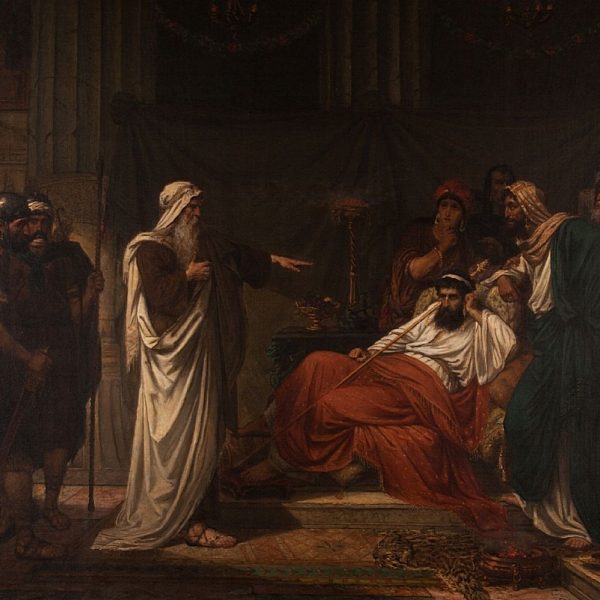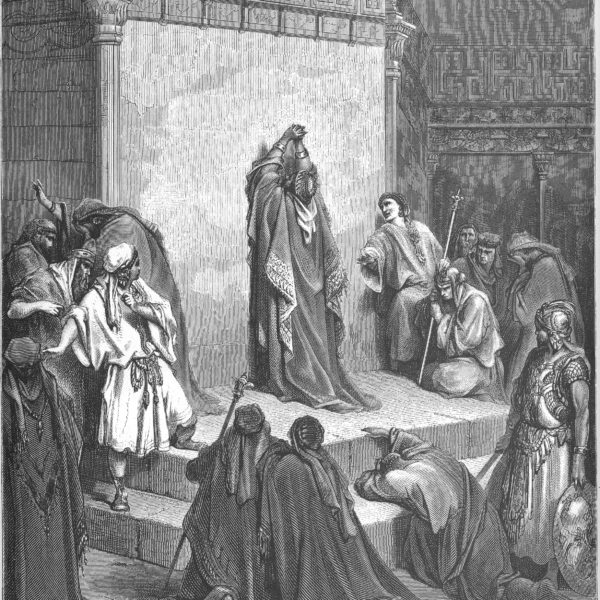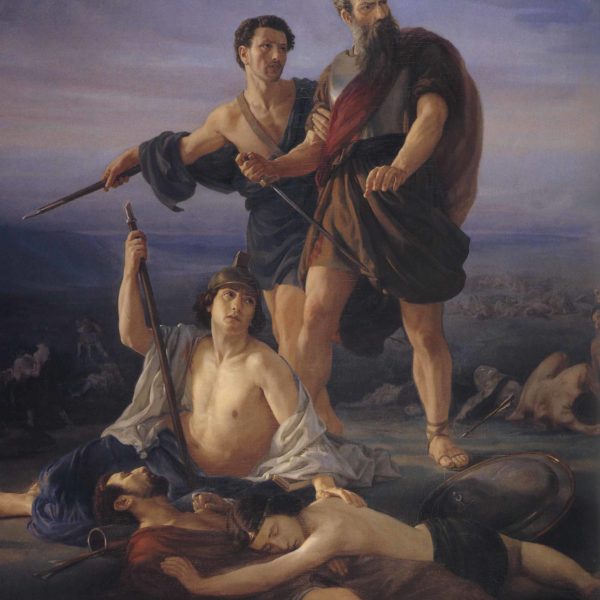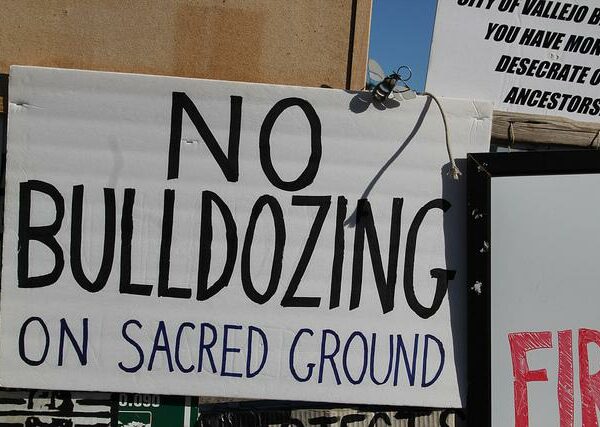
By spiritualizing place, and thereby transmogrifying place-based identities into racialized ones, Christianity cooperated with the machinations of settler-colonial capitalism in its world-making project. Thus, returning to a consideration of land as one location of God’s action is basic work for any political theology that aspires to move in a decolonial direction.
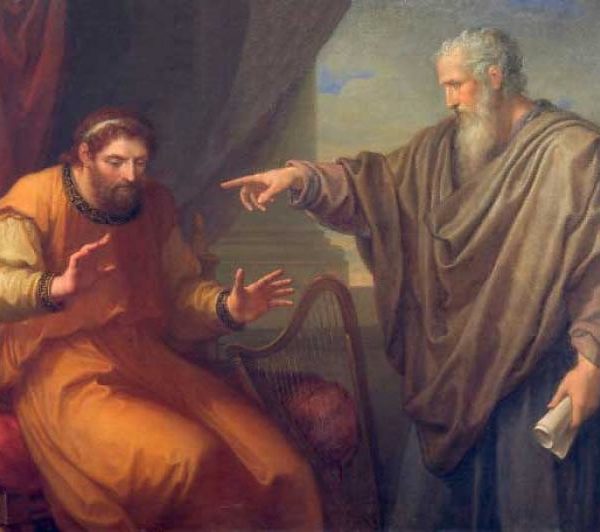
King David’s actions in taking Bathsheba provide a shocking and illuminating case study in the behavior and psychology of impunity. The prophet Nathan’s employment of parabolic misdirection in his exposure of David’s sins suggests an effective manner in which such impunity can be confronted.
While the abuses of power and privilege in modern banking may not be as explicit as David’s crime, they are parallel. People in power tend not to consider the cost of their self-interest in communal terms. Most families who are facing foreclosure in New York City today are the victims of banks who regard a homeless child as a reasonable side effect of their profit motive just as David regarded Uriah’s death as a reasonable way to Bathsheba.
This kid is a nobody from nowhere. Yet it will be this forgettable, easily dismissed kid whom God will raise up to be the King of Kings and Lord of Lords, the greatest of all who ever lived and ruled, but nothing like any who have gone before him in those roles.


